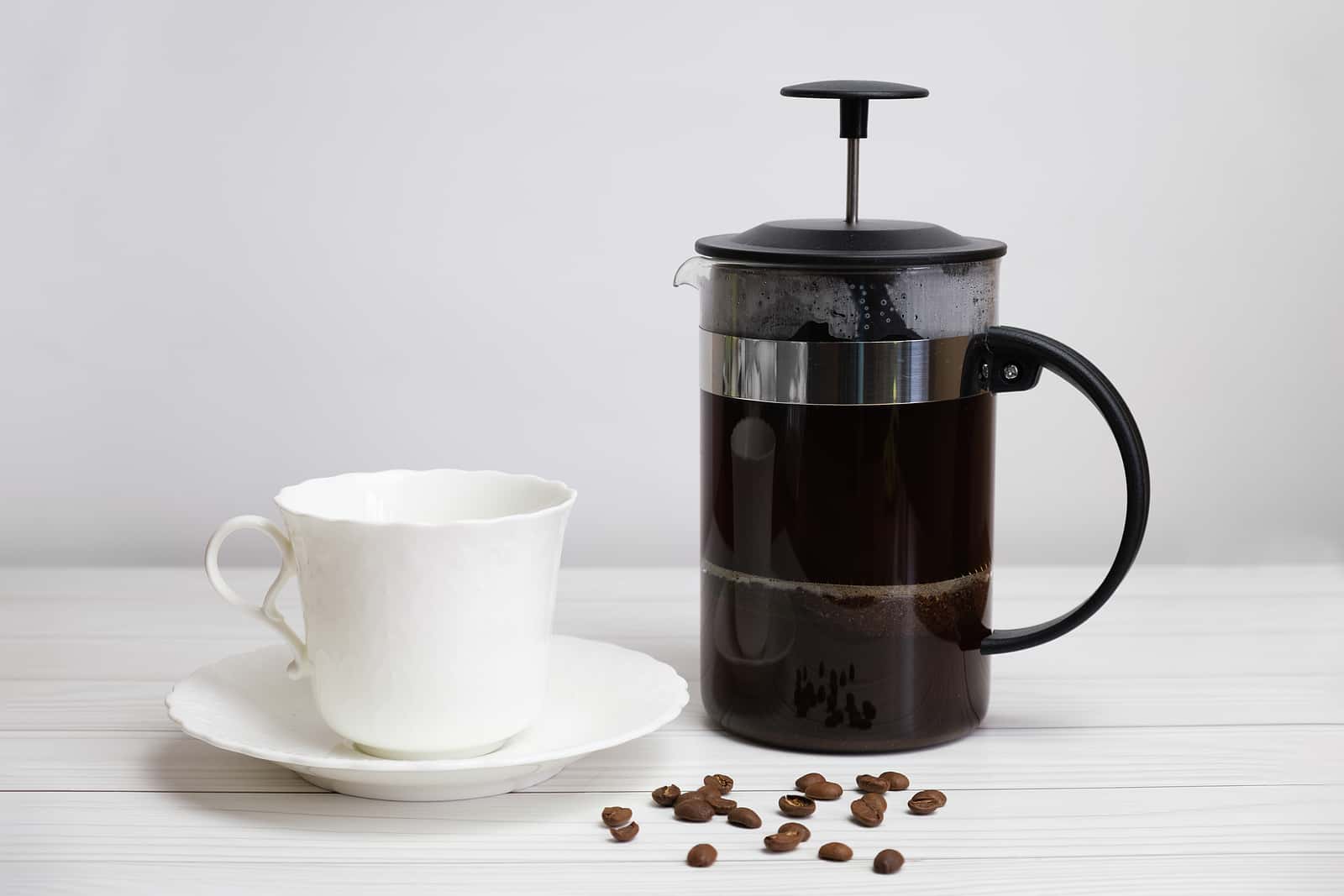
The health consequences of drinking coffee have stirred quite a bit of controversy over the years. According to legend, a goatherd noticed that his goats were extra frisky after eating coffee berries, so he tried them himself. As the beverage spread from the Arabian peninsula throughout the Near East and into Europe, it became popular–and polarizing. Some church patriarchs said it was an invention of Satan, until Pope Clement VIII tasted it in 1615 and decided it was good. The controversy surrounding its health effects has been almost as heated in the 21st century. Preparation technique matters. You may not want to overindulge in unfiltered coffee.
Is Unfiltered Coffee Healthy or Unhealthy?
Q. What are your thoughts on unfiltered coffee? Most particularly, is it healthy or not?
A. The way you brew your coffee can change its health effects. Unfiltered coffee (also called boiled coffee or cowboy coffee) raises cholesterol, including undesirable LDL cholesterol (American Journal of Epidemiology, Feb. 15, 2001). French press, Scandinavian and Turkish style coffee have all been shown to raise cholesterol because they are unfiltered. Drip-filtered, instant and percolator coffee do not (New England Journal of Medicine, July 23, 2020).
This can make an important difference. Norwegian scientists studied half a million adults for twenty years (European Journal of Preventive Cardiology, Dec. 2020). Those who drank filtered coffee (one to four cups daily) were least likely to die during the study. People who drank nine cups or so of unfiltered coffee a day had the highest mortality rate. We suggest limiting your consumption of unfiltered coffee.
Does French Press Coffee Also Pose a Problem?
Q. Years ago I heard you on the radio praising the benefits of coffee. You made an exception for French press coffee, though.
I never understood why this would pose a problem when regular coffee doesn’t. I really like French press coffee, but I wonder if it could do me harm.
A. Research over the past decade suggests that coffee drinkers are less likely to be diagnosed with heart failure (Circulation: Heart Failure, online June 26, 2012) or develop type 2 diabetes (American Journal of Clinical Nutrition, April, 2010).
Regular coffee consumption also seems to delay the onset of Alzheimer’s disease (Journal of Alzheimer’s Disease, online June 5, 2012) and may help to protect against prostate and uterine cancers (Journal of the National Cancer Institute, online, May 17, 2011; Cancer Epidemiology, Biomarkers & Prevention, online November 22, 2011).
Coffee and Cholesterol:
The problem with French press and other types of unfiltered coffee techniques lies with blood lipids. Compounds from coffee can raise total cholesterol, triglycerides and bad LDL cholesterol (European Journal of Clinical Nutrition, Aug., 2012). The culprits are in coffee oils that get trapped by paper filters, so people drinking filtered coffee should get the benefits without the higher cholesterol. An occasional cup prepared by the French press method shouldn’t be a problem, but on a regular basis, drip is probably safer.
Changes in coffee brewing technology may explain one peculiar fact. Over the years, epidemiologists have noted a change in the relationship between coffee consumption and mortality rates (Scientific Reports, July 5, 2022). Back around 1990, countries that drank more coffee had higher rates of death from heart disease. By 2018, however, that was reversed. Now countries consuming more coffee have lower coronary mortality rates. We suspect that the popularity and affordability of electric drip coffee makers results in coffee that has a better benefit/risk ratio.
Citations
- Jee SH et al, "Coffee consumption and serum lipids: a meta-analysis of randomized controlled clinical trials." American Journal of Epidemiology, Feb. 15, 2001. DOI: 10.1093/aje/153.4.353
- van Dam RM et al, "Coffee, Caffeine, and Health." New England Journal of Medicine, July 23, 2020. DOI: 10.1056/NEJMra1816604
- Tverdal A et al, "Coffee consumption and mortality from cardiovascular diseases and total mortality: Does the brewing method matter?" European Journal of Preventive Cardiology, Dec. 2020. DOI: 10.1177/2047487320914443
- Shirai Y et al, "Change in the association between coffee intake and ischemic heart disease in an international ecological study from 1990 to 2018." Scientific Reports, July 5, 2022. DOI: 10.1038/s41598-022-15611-x

